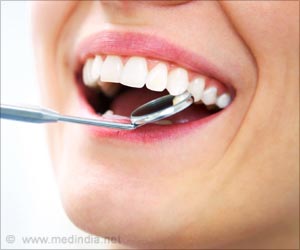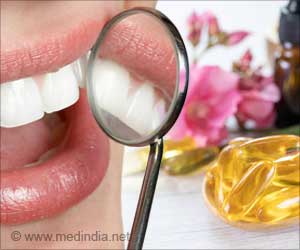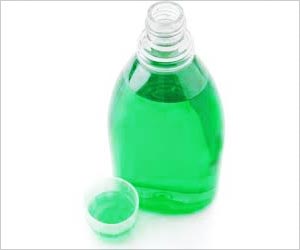Brushing and flossing your teeth everyday might just prove to be a good way to avoid heart diseases, for a new study has cited that periodontal patients whose bodies show evidence of a reaction to the bacteria associated with periodontitis may be more prone to develop cardiovascular disease.
“The findings of this new analysis of previously published studies suggest that the long-term effect of chronic periodontitis, such as extended bacterial exposure, may be what ultimately leads to cardiovascular disease,” said Kenneth Kornman, DDS, PhD and editor of Journal of Periodontology (JOP).The study was carried out by researchers at Howard University, who pointed out 11 previous studies that examined clinically-diagnosed periodontal disease and cardiovascular disease.
Then, the participants’ level of systemic bacterial exposure was analyzed by the researchers who specifically hunted for the presence of the bacteria associated with periodontal disease, and also measured various biological indicators of bacterial exposure.
It was discovered that people with periodontal disease whose biomarkers showed increased bacterial exposure were at a higher risk of developing coronary heart disease or atherogenesis -plaque formation in the arteries.
“While more research is needed to better understand the connection between periodontal disease and cardiovascular disease, this study suggests the importance of taking care of your teeth and gums and how that can help you take care of your heart,” said Susan Karabin, DDS, and President of the American Academy of Periodontology (AAP).
He added: “With the number of people with heart disease continuing to increase, it is important to understand that simple activities like brushing and flossing twice a day, and regular visits to your dental professional can help lower your risk of other health conditions.”
Advertisement
Source-ANI
LIN/P











